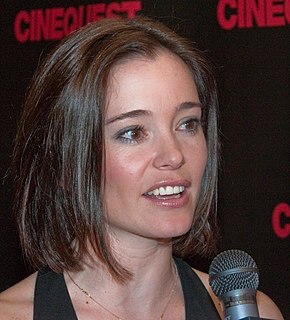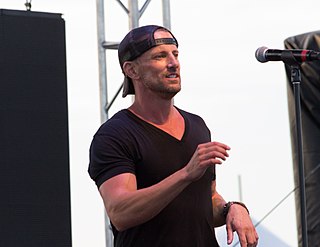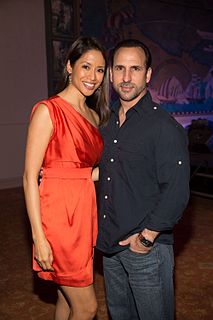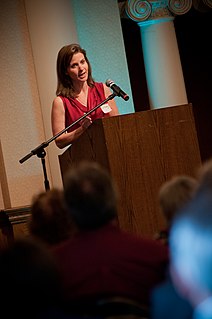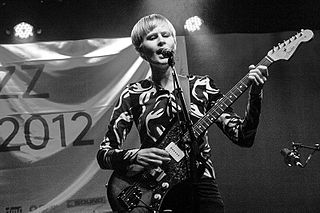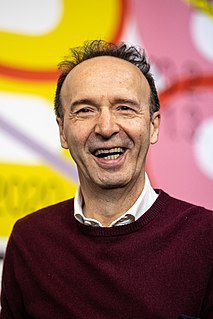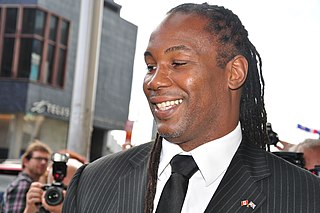A Quote by Marguerite Moreau
We had two cameras, so they could turn it on and shoot as much as we wanted. You don't have to worry about wasting money on film. A lot more takes are possible.
Related Quotes
I became passionate about nature filmmaking when I graduated from UCLA, and one of the things I always wanted to do was shoot really high quality film, so I got into time-lapse photography - so that means when you shoot a flower, you're shooting, like, one frame every twenty minutes, so that's basically two seconds of a film per day.
Usually, I have in mind what I want to do. I shoot pretty economically, so I'm not shooting tons of stuff that I could change, all that much. I'll cut something or add a little something back, but not too much. This is maybe the producer part of me, but I'm always worried about the budget, so I shoot what I know I need to shoot for the film.
We shoot with three cameras, try to shoot both sides of coverage if possible. That allows the actors to overlap and to find moments that feel more authentic and real than what you sometimes would normally get in a scripted drama that's shot more classically. And that's something in 'Parenthood' that has evolved.
I normally don't need any help to put pressure on myself but there was additional pressure because it was a film she always wanted to shoot and I wanted to tell this story as best as possible. When I told my wife that I'd like to direct it, I had already given it a lot of thought and honestly I felt that I was the best person for the job, plus I was cheap.
I talked with people starting up in the middle of the recession and employees, and supplies and office space were cheap. As far as companies that are already in existence, many became more creative with how they spent their money. A lot of them stopped wasting money that they didn't know they were wasting after they looked hard at their businesses. Some had to change business models because of the economy. Their market didn't exist or wasn't as big anymore.
For a period of time, I carried cameras with me wherever I went, and then I realized that my interest in photography was turning toward the conceptual. So I wasn't carrying around cameras shooting stuff, I was developing concepts about what I wanted to shoot. And then I'd get the camera angle and do the job.
For a period of time, I carried cameras with me wherever I went, and then I realized that my interest in photography was turning toward the conceptual. So I wasn't carrying around cameras shooting stuff, I was developing concepts about what I wanted to shoot. And then I'd get the camera angle and do the job
A lot of people, most people who are working, they do it for money. And I'm not saying there's anything wrong with that. It so happens that I made a lot of money already, so I don't have to worry that much about it. I wouldn't fault anybody for doing it for the money, but it doesn't interest me right now.
I'm planning some films in the U.K., and it will have pros and cons. It takes a lot more time to set up a film in the U.K., because you can't rely on much. In Greece, friends show up and bring what they can and you make the film. Well, that's a bit simpler than how it really is. But when you make a film with proper industries, it takes more time to synch all these things.
In making a movie, you're part of a big machine. Even in a small movie there are still so many people involved in the process, and it costs so much money to make. There is so much more invested in it for a lot of different people, so much money is sunk into it that they usually want some guarantee or promise that it's going to be able to do something on a financial level. There's just a lot more messing with you in film. I love movies and I love to watch movies and being a part of the whole film experience.
Patience is a part of boxing. After I had missed out on the Olympic gold medal in 1984, a lot of people tried to talk me into turning professional quickly to make money. They told me that the next Olympics in Seoul would be boycotted again, that I was wasting my life, blah blah. But I still had unfinished business. I wanted the gold medal, and I got it in ?88. Only then was I ready to turn professional.
